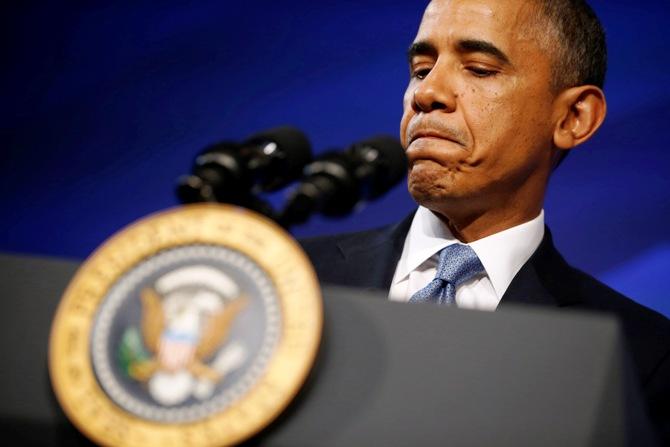
The government appears to have decided not to grant visas to the US officials planning to visit India and investigate the country’s trade and industrial practices, especially related to laws governing intellectual property rights.
This was decided at a meeting attended by representatives of the external affairs, commerce and industry and finance ministries, besides the Planning Commission.
Officials of the US International Trade Commission wanted to visit India to examine New Delhi’s policies in respect of IPR laws.
India considered the US’ request to visit the country and scrutinise its IPR regime as “objectionable and against national interest”, a top official involved in the matter told Business Standard.
. . .
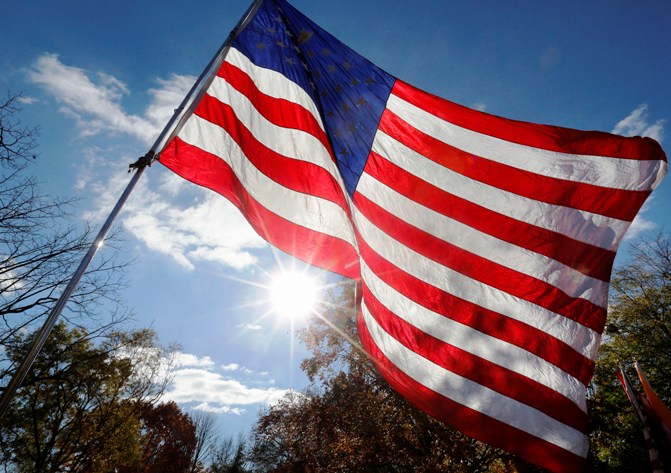
The US ITC, a quasi-judicial independent federal body that advises to the US President, the US trade representative and the Congress on trade matters, had begun a probe into India’s trade and industrial policies on February 12.
It has decided to forward a consolidated report to the US Congress on the basis of its findings.
That country will then take necessary actions against India -- the worst-case scenario could be imposition of trade sanctions.
“They are free to do whatever they can (but) sitting in their own country. . . they certainly cannot go around the government and expect us to open up our files to them.
“No country can impose their laws on others.
“Would they allow us to do so if we launched an investigation into their laws,” asked another official, asking not to be named.
India’s official stance on the US ITC’s investigation will be firmed up at another meeting that Foreign Secretary Sujatha Singh is expected to hold on March 21.
. . .
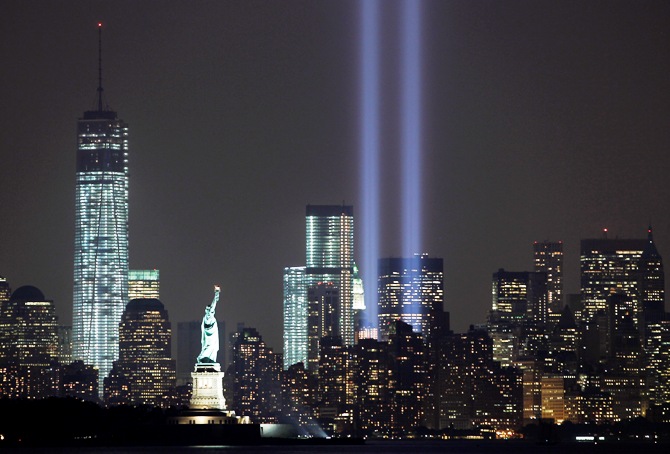
A letter on the matter and the way it will be dealt has been sent to the Prime Minister’s Office.
Since US President Barack Obama’s 2010 India visit, American firms, especially a certain segment of the US pharmaceutical industry, have become extremely vocal about Indian policies on domestic content requirements and IPR.
India believes the US is doing these to protect the interest of a handful of pharmaceutical companies that have a strong lobby in the US government.
These include Pfizer, Bayer and and Swiss pharma major Novartis (which has a strong presence in the US).
The government does not seem to be leaving any stone unturned in fighting it out.
The Department of Industrial Policy and Promotion, under the commerce & industry ministry, has prepared a list of all cases since 1974 where the US has violated IPR laws, rejected patents and invoked compulsory licensing in sectors ranging from electronics to pharmaceuticals.
. . .
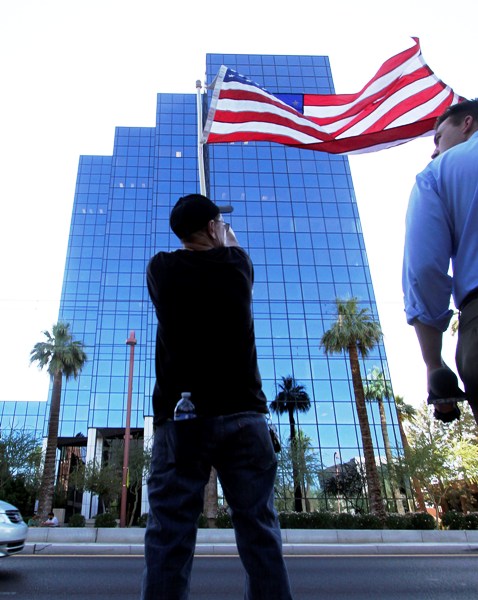
During the 2002-2012 period, 20 cases related to pharmaceuticals were invalidated by the US Federal District Courts, compared with 34 related to mechanical devices and 10 to medical devices.
Between 2007 and 2011, about 280 cases were identified in the US Federal District Courts where patent validity was determined.
Of these, patent was held valid and enforceable in only 39 cases. In 253 cases, the patent was held invalid.
Refusing to deal with the matter bilaterally, the government has, apparently, told its American counterpart that such issues should be discussed only at multilateral platforms like the World Intellectual Property Organization and World Trade Organization.
However, following the Novartis and Bayer-Onyx cases, the US is concerned that other countries like Brazil, China and Africa might follow India’s model of compulsory licensing.
. . .
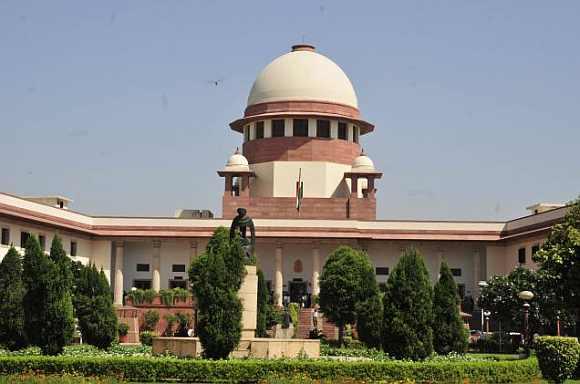
In 2012, the Indian Patent Office had issued the first compulsory licence, to Indian pharmaceutical company Natco Pharma for making generic versions of Bayer's kidney cancer drug Nexavar.
Last year, the Supreme Court had dismissed Novartis AG's efforts to win patent protection for its cancer drug Glivec, allowing Indian drug companies to sell its generic versions.
Another compulsory licence application of Bristol-Myers Squibb's Sprycel was, however, rejected.
Some American firms present in India, such as Boeing, MSD Pharma and Gilead Sciences Inc, on the other hand, have come to India's defence.
They have said the country's IPR regime is sound.
The government has also decided to rope in the Indian Pharmaceutical Alliance and other such bodies to do extensive research on IPR issues of US companies present here.
. . .
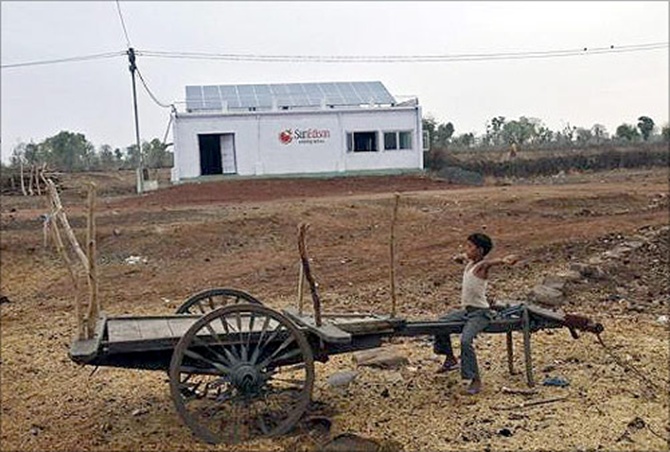
"Compulsory licences are not granted in India for mere asking.
“And, when those are granted, it is not to favour any applicant but to implement the law to meet the reasonable requirements of the public at reasonably affordable prices," said IPA Secretary-General D G Shah.
The government is also particularly miffed with the recent reports that the US government might again keep India in the category of 'Priority Foreign Country' in its Special 301 report.
The US keeps under this category the countries whose IPR laws it is closely monitoring to examine whether norms are being violated.
If negotiations fail, this might even lead the US to imposing trade sanctions on India at a much later stage.
. . .
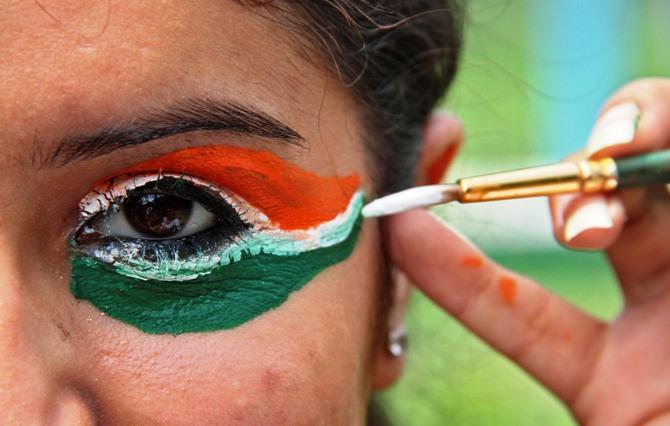
India had last been kept in this category in 1994.
A White House press release on patent reforms, dated June 4, 2013, had said the US would take major steps to improve incentives for future innovation in high-tech patents, a key driver of economic growth and high-paying American jobs.
A RIGHTS BATTLE